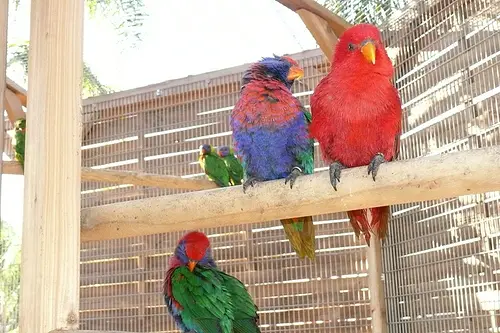
I like experiencing strange, new things. Not too new and too strange, mind you. I am not that adventurous, but I have found that new experiences almost always brings positive results.
When it comes to words, I also like learning new words and using them whenever possible, as naturally as possible. I do not know what you think about using new and uncommon words as often as you can, but I honestly would not be surprised if we share the same sentiment. I have to admit, that sometimes, I do have the propensity to choose words that may not be commonly used – if only because I like how the word sounds or looks.
Then I read an old blog post over at The New York Times. ((Words We Love Too Much)) The topic focused on the use of the “somewhat out-of-the-ordinary word” and how the practice can be perfect at times but how it can also make it appear as if the writer were trying too hard.
That made me think about how I choose my words. Some questions that came to mind:
- Do I follow a mental process when deciding on a particular word to use?
- Do I consciously pick the word that is less ordinary?
- Do I often check the dictionary or thesaurus to find a synonym if I can’t immediately think of the “perfect” word for the situation?
I have to admit that I have been chewing on these questions for the past hour or so, and except for the last question, I have no clear answer! I do know that I will not hesitate to look up a word when I am uncertain.
Going back to the NYT blog post, two words were put under the spotlight: eschew and quotidian.
Since I do not read the NYT all that much, I am in no position to judge whether they overuse those words or not. However, I think that I do understand why they would have leaned towards using those words often. Do you?
Then again, the author’s parting words on the topic got me thinking:
Now comes my standard “fancy word” disclaimer: I’m not suggesting a ban on “eschew,” “quotidian” or any other word. But let’s be judicious. And be aware that your striking word choice might seem less so if all your colleagues are using “quotidian” every day, too.
So what do you think? Should we eschew the exotic for the quotidian, or should we stick to how we do things at the moment? I have come to the conclusion that I will continue to choose words that I feel comfortable with (and that includes out-of-the-ordinary words that I like) and that will suit the particular audience I am writing for.
Oh, in case you’re wondering about the photo at the beginning of the post…Do you mind describing it using one sentence? Pay attention to how you choose your adjectives. 😉
Photo via calafellvalo

Leave a Reply